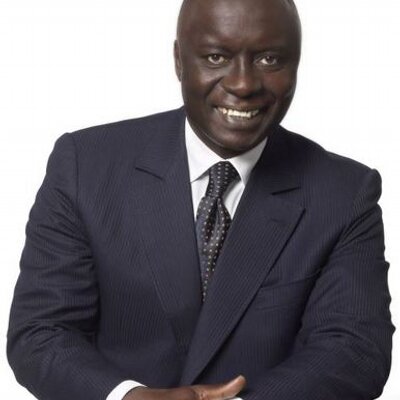Senegal is gearing up for its next presidential election, which is set to take place in February 2024. With the political climate in the country increasingly tense, the announcement by former prime minister and 2019 presidential candidate Idrissa Seck that he intends to run for president has set the stage for a contentious race.
Seck, who placed second in the 2019 presidential election, resigned from his position as head of the Economic, Social and Environmental Council to clear the way for his candidacy. The move also means that his party, Rewmi, will withdraw from the ruling Benno Bokk Yakaar coalition with President Macky Sall, which raises questions about the coalition’s majority in parliament.
The announcement by Seck, 63, puts him in competition with other high-profile candidates, including Aminata Toure, another former prime minister, and Ousmane Sonko, an opposition leader who has faced ongoing legal troubles.
Political Tensions in Senegal
Senegal’s political climate has been fraught with tension in recent years. President Macky Sall’s refusal to rule out running for a third term has fueled sometimes violent demonstrations. The country’s constitution only allows two terms, but some fear that Sall will use a recent tweak to the constitution to reset his mandate.
The decision to allow Seck to run for president is sure to add to the tensions in the country, especially as it comes on the heels of ongoing legal proceedings against Sonko. Sonko’s supporters have accused the government of fabricating the charges against him as a way of preventing him from running for president.
Sonko’s Legal Troubles
Ousmane Sonko, a 48-year-old opposition leader, has been embroiled in legal troubles since he accused Tourism Minister Aliou Sall of embezzling $47 million from a state-owned company in 2019. Sonko’s accusations resulted in a libel case against him, which he has claimed is politically motivated.
In addition to the libel charges, Sonko has also faced separate charges of rape and making death threats against a beauty salon employee. He has denied the charges, which he says are part of a plot to prevent him from running for president in 2024.
The legal proceedings against Sonko have sparked widespread protests in Senegal, with demonstrators calling for his release and accusing the government of trying to silence opposition voices. The situation has been further complicated by the fact that Sonko is one of the most popular politicians in Senegal and has a large following among young people.
Idrissa Seck’s Call for Unity
In the midst of the political turmoil in the country, Idrissa Seck has called for unity and an end to the violence. In a statement announcing his candidacy, Seck condemned the unrest and called for Ousmane Sonko to be allowed to run for president.
“We can disagree openly in Senegal, but we should never force our brothers and sisters into silence through persecution, one-track thinking, intellectual terrorism, and violence,” he said.
Seck’s call for unity has been welcomed by some in the country who are concerned about the rising tensions. However, it remains to be seen whether his candidacy will add to the political instability or help to calm the situation.
Implications for the Presidential Election
With Idrissa Seck now officially in the race for the presidency, the election is set to be highly contested. The ruling Benno Bokk Yakaar coalition will face a challenge in maintaining its parliamentary majority, especially if other parties follow Rewmi’s lead and withdraw from the coalition.
The ongoing legal proceedings against Ousmane Sonko also add an element of uncertainty to the election. If Sonko is barred from running for president, it is likely to result in further unrest and protests in the country. Sonko’s supporters have already taken to the streets to demonstrate against what they see as politically motivated charges.
Image Credit: Idrissa Seck/Twitter





